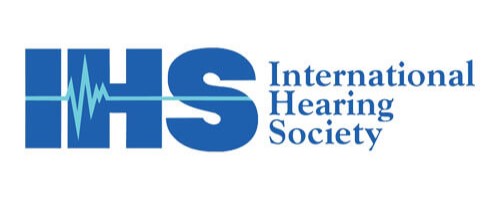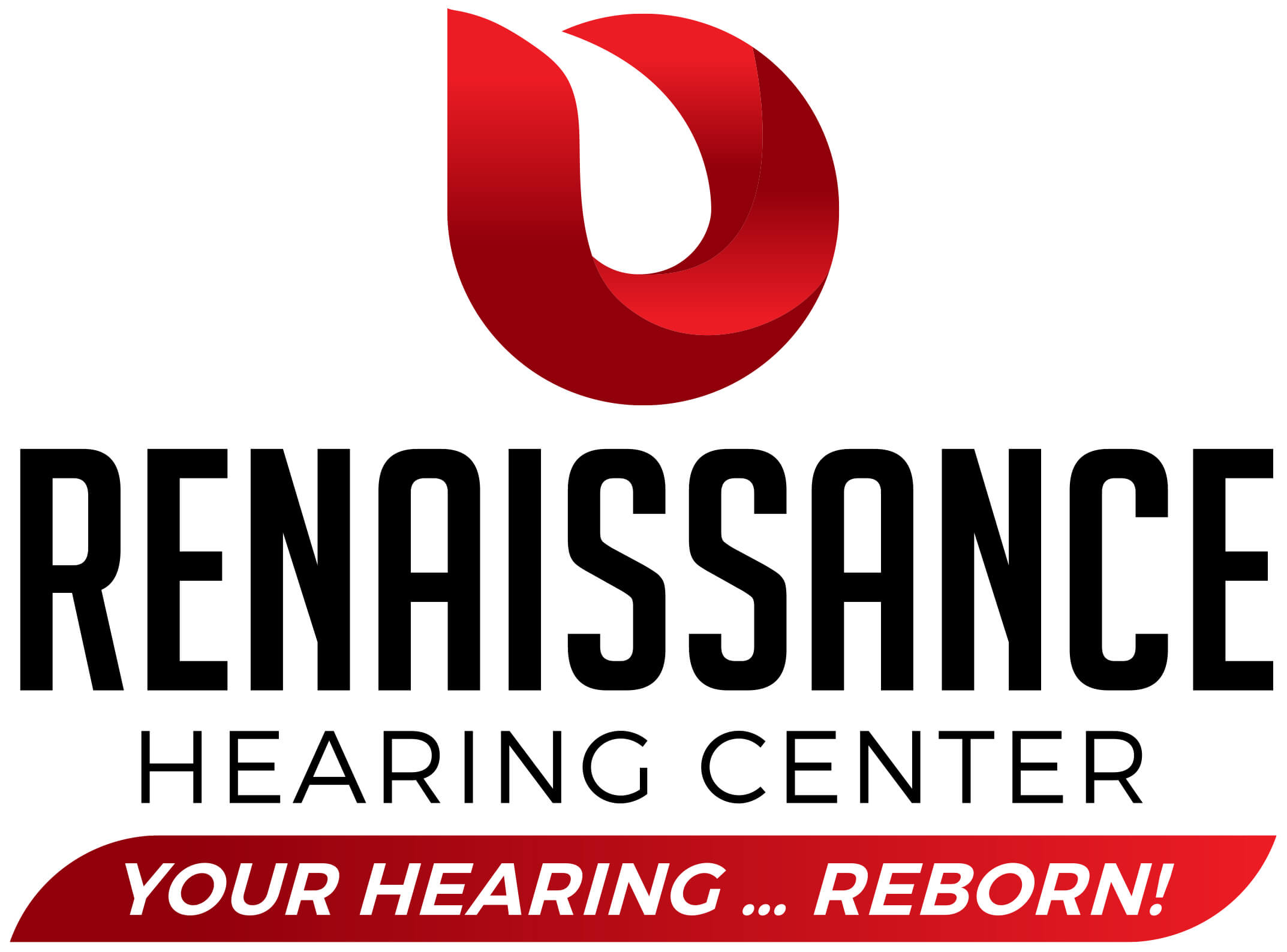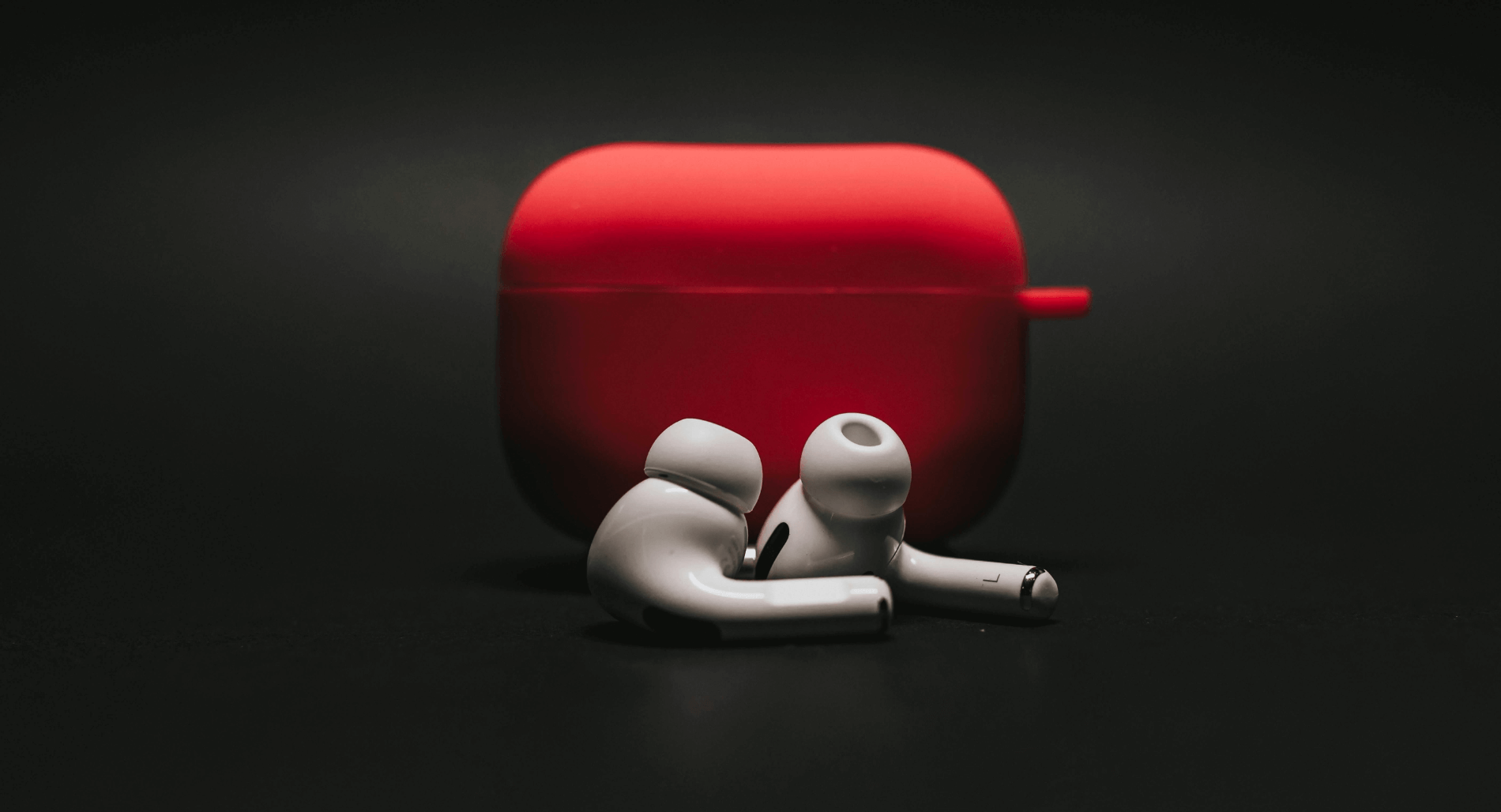In today’s world, earbuds have become an essential part of our daily lives. From listening to music and podcasts to taking phone calls, these small devices offer great convenience. However, frequent use of earbuds can lead to hearing loss. Understanding how this happens and taking steps to protect your ears can prevent long-term damage.
The Popularity of Earbuds
Earbuds are popular for many reasons. They are compact, affordable, and easy to carry. People use them while commuting, exercising, studying, or just relaxing. The sound quality has also improved over the years, making them even more appealing. But with increased use, there is a hidden danger that many overlook—hearing loss.
How Earbuds Affect Your Hearing
When you use earbuds, the sound goes directly into your ear canal. This proximity means the sound is much louder than if you were listening through speakers. Prolonged exposure to loud sounds can harm the sensitive hair cells in your inner ear. These cells are vital for hearing, and once they are damaged, they do not regenerate.
Volume and Duration Matter
The volume at which you listen and the amount of time you spend using earbuds both play a significant role in hearing loss. Listening to music at high volumes, especially for long periods, increases the risk of damage. Experts recommend not going above 60% of the maximum volume and limiting listening time to 60 minutes at a stretch. Taking regular breaks can help your ears recover.
Warning Signs of Hearing Loss
Hearing loss often starts gradually, so it’s easy to miss the early signs. Pay attention to the following symptoms:
- Ringing in Your Ears (Tinnitus): A constant or occasional ringing sound in the ears can be an early sign of hearing damage.
- Difficulty Hearing Conversations: Struggling to hear people speaking, especially in noisy environments, can indicate a problem.
- Increased Volume: If you find yourself increasing the volume on your devices frequently, it could be a sign that your hearing is deteriorating.
Protecting Your Hearing
You can still enjoy using your earbuds while protecting your hearing. Here are some tips to keep your ears safe:
Use Noise-Canceling Earbuds
Noise-canceling earbuds can be a great investment. They reduce background noise, allowing you to listen at lower volumes without sacrificing sound quality. By not needing to crank up the volume, you lessen the risk of damaging your hearing.
Follow the 60/60 Rule
As mentioned earlier, keeping the volume at or below 60% and taking breaks ensures that your ears get the rest they need. This simple rule can drastically reduce the risk of hearing loss.
Opt for Over-Ear Headphones
Over-ear headphones usually pose less risk to your hearing compared to earbuds. They sit outside your ear canal and therefore don’t project sound as directly. Over-ear models are also typically better at isolating sound, so you don’t have to increase the volume to hear clearly.
Alternative Listening Practices
Listening to music and other audio content doesn’t always have to involve earbuds. Here are some alternatives:
Use Speakers
When possible, use external speakers. Whether at home or in a private space, listening through speakers distributes sound evenly throughout the room. This way, you aren’t subjecting your ears to direct sound.
Take Listening Breaks
Giving your ears a rest from constant noise is vital. Incorporate quiet moments into your day when you don’t use earbuds or any other audio devices. Letting your ears relax can help preserve your hearing in the long run.
Be Mindful of Background Noise
Awareness of your surroundings can help you make better choices about your listening habits. If you are in a noisy environment, postpone using your earbuds or find a quieter space.
Final Thoughts
Your hearing is precious and deserves protection. By understanding the risks associated with high volumes and prolonged listening, you can take steps to safeguard your ears. Adopting healthy habits, using the right tools, and paying attention to early warning signs will help ensure that you can enjoy your favorite sounds for years to come.





